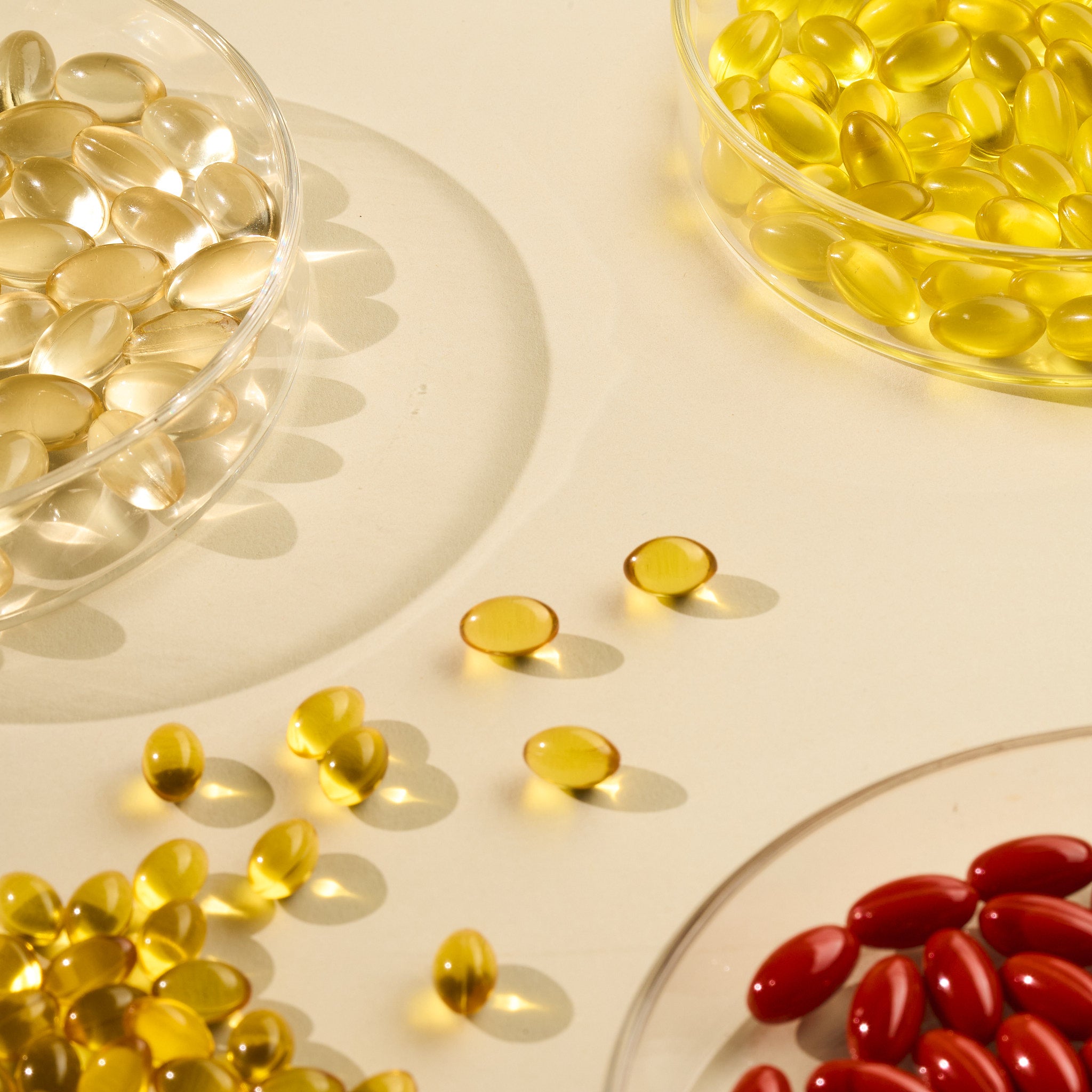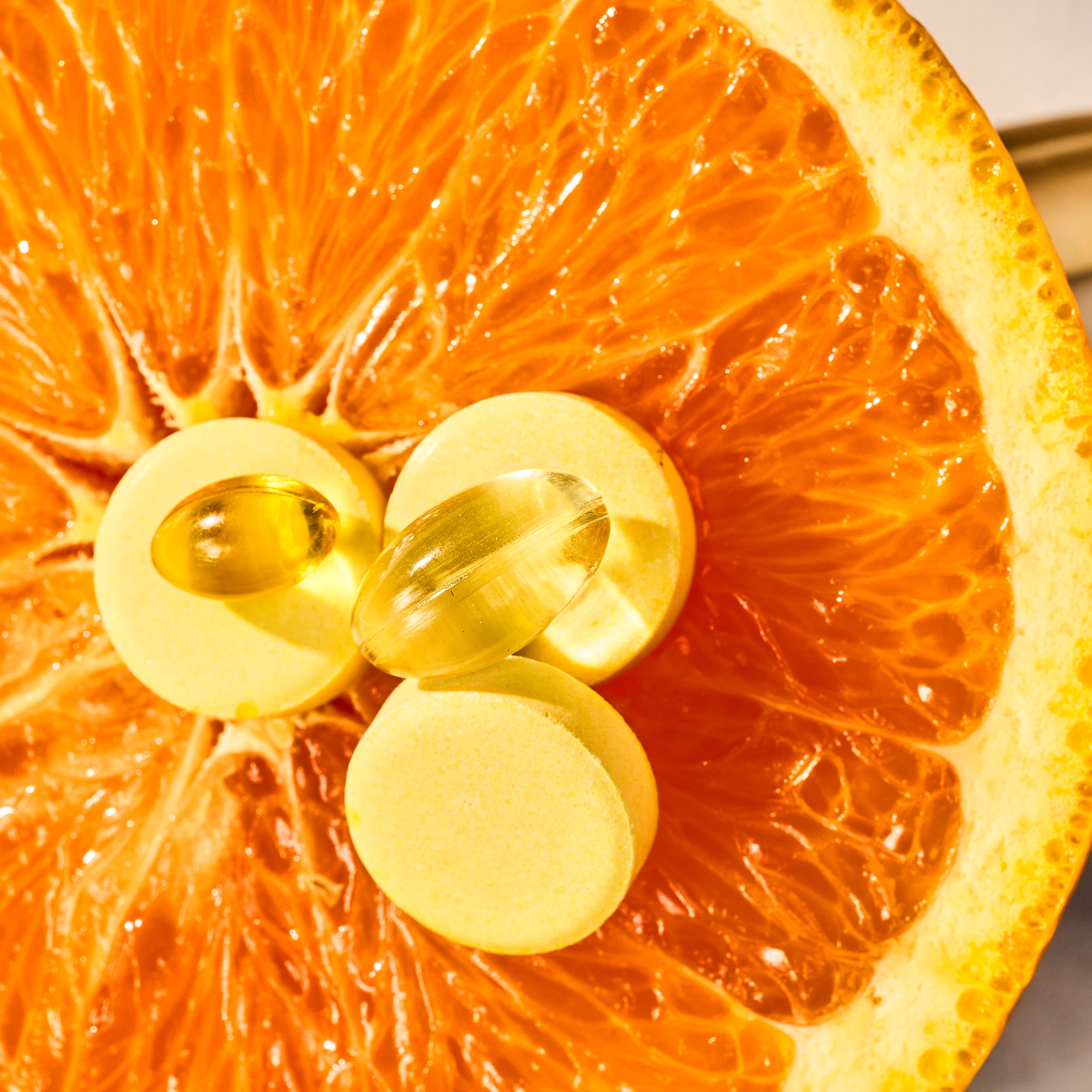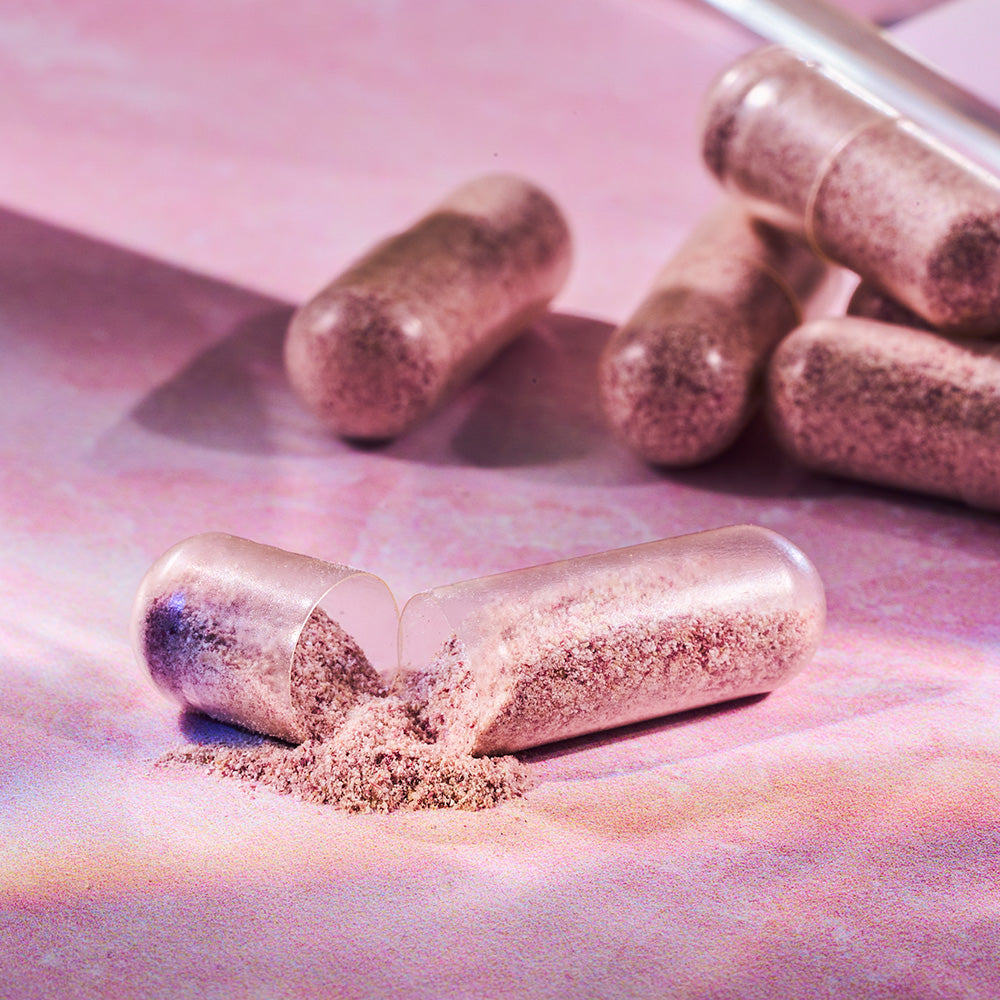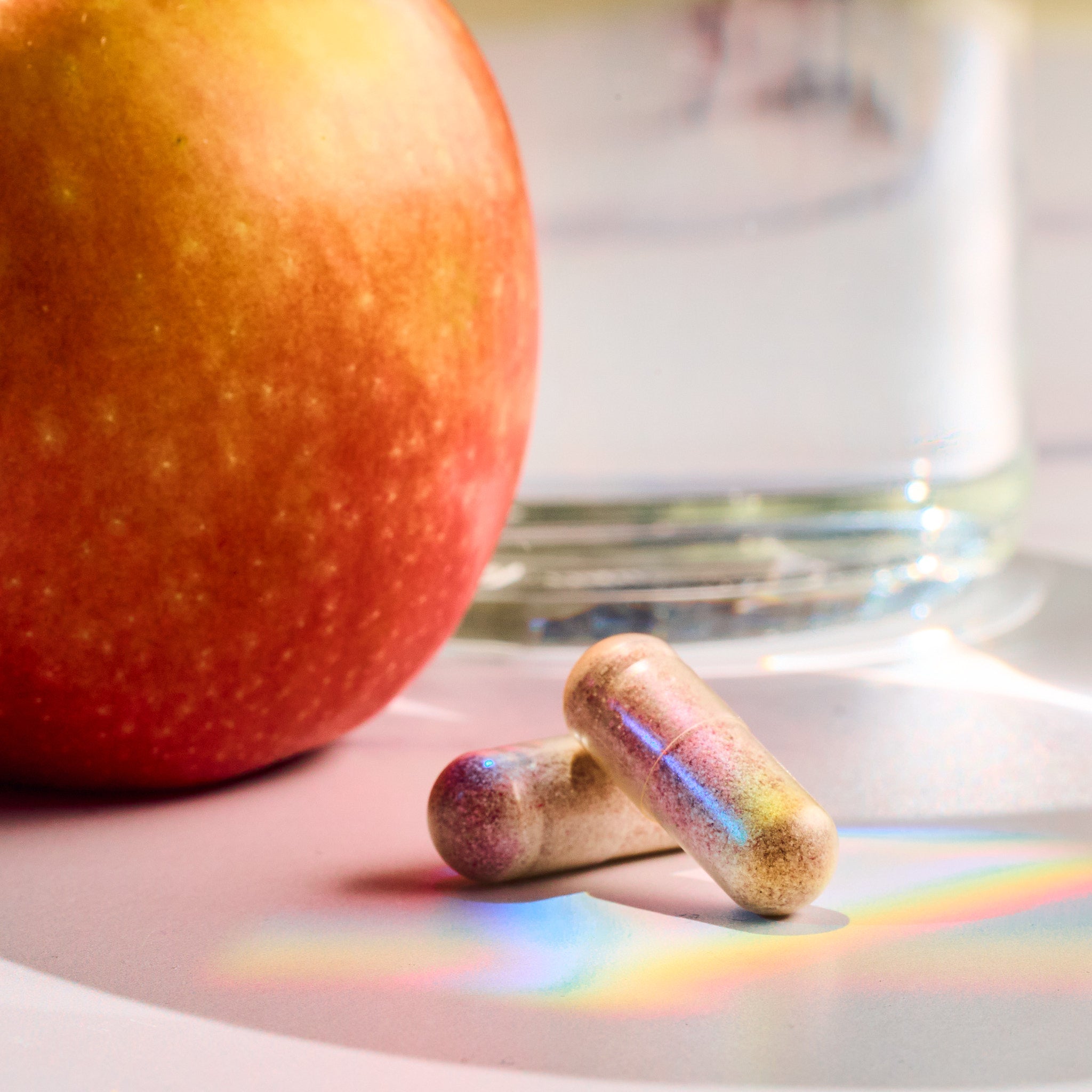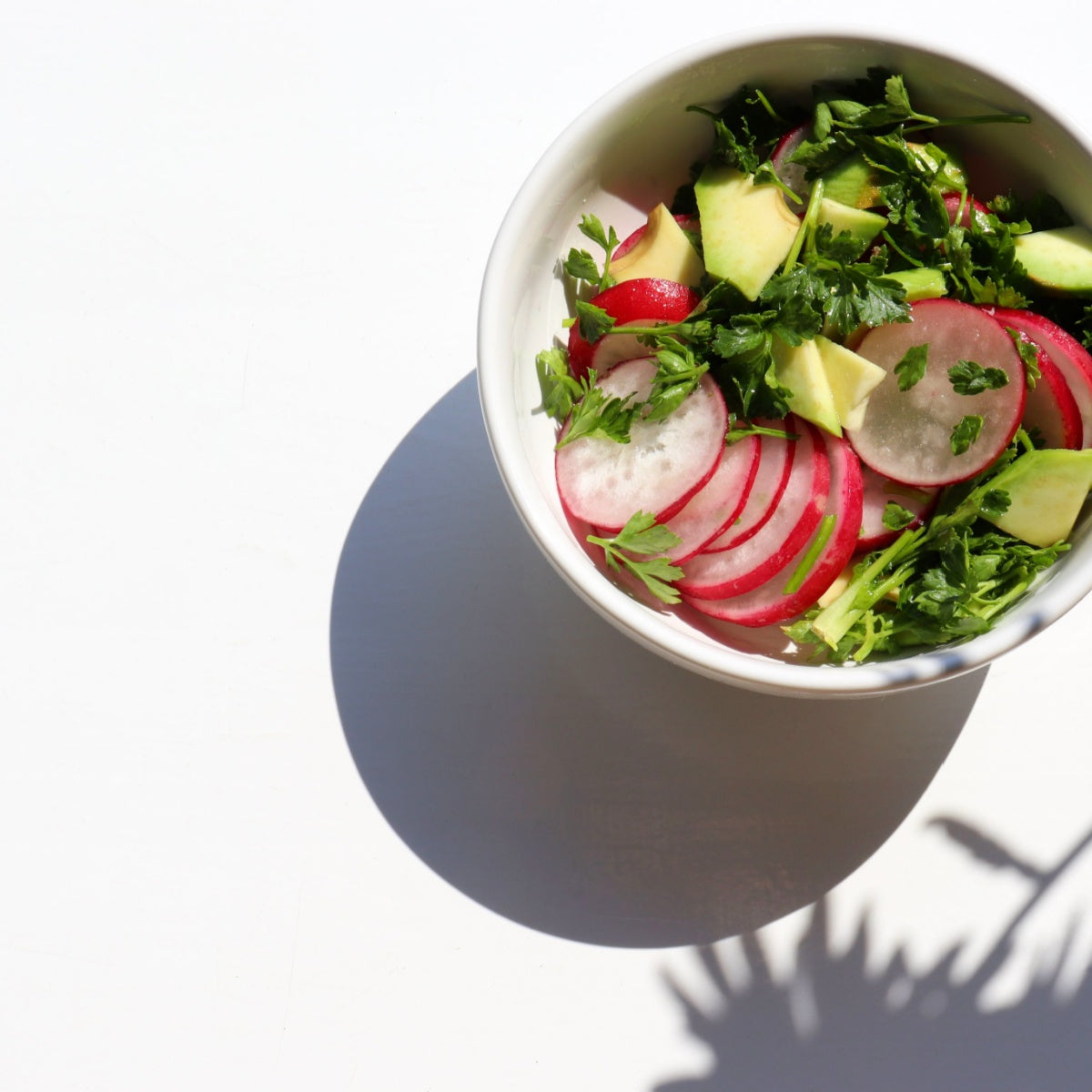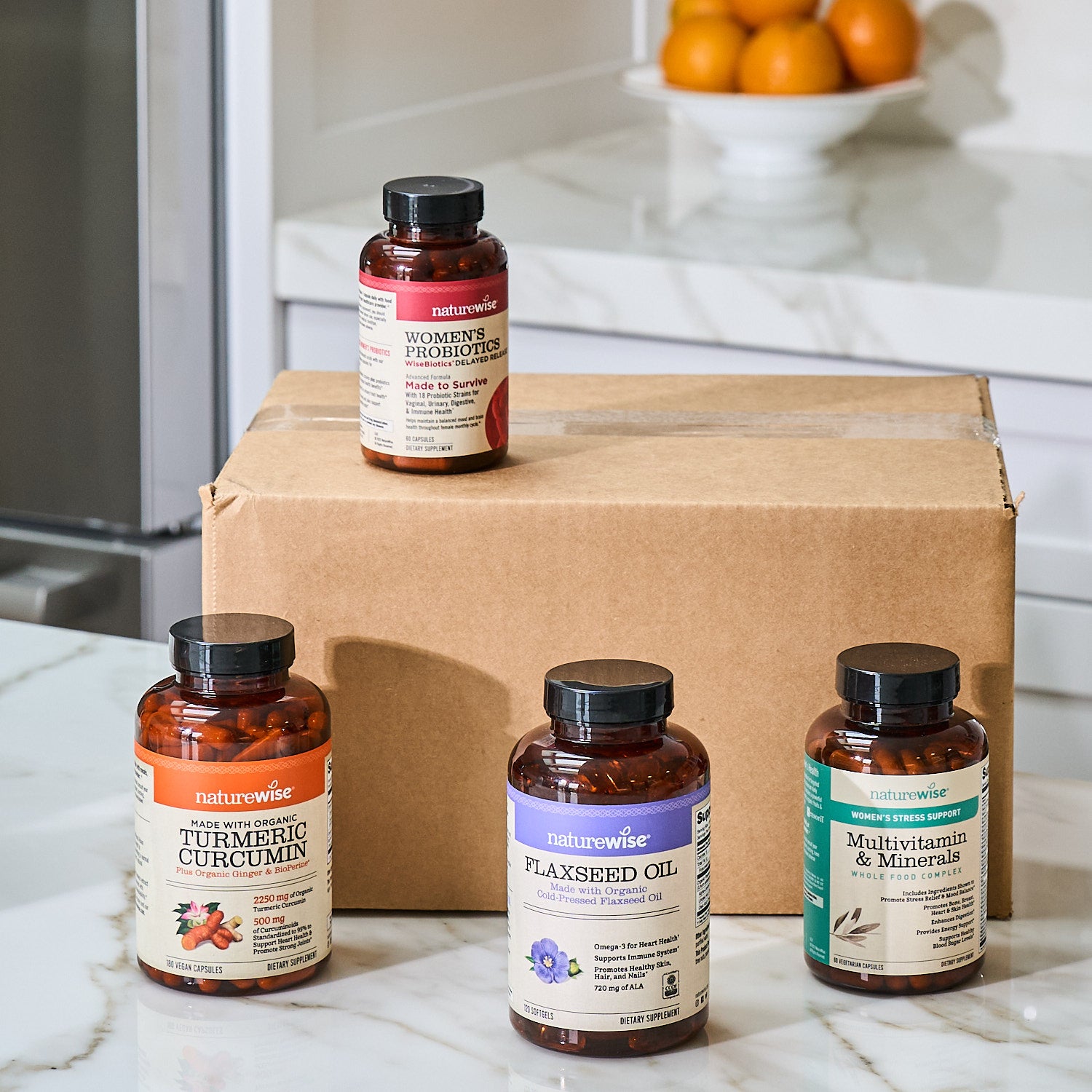As we age, many people start to forget simple things, like where they put their keys or the name of an acquaintance. Although we typically chalk up these memory lapses as a natural part of aging, further memory problems can develop over time. The brain changes as we go through life and it is important to maintain your brain’s health throughout each stage. There are ways to mindfully support your brain to have a greater chance of sustaining your mental vitality.
The Brain Throughout Your Life
By the time we are born, the neurons in the brain have already been completed, but the way it communicates within itself changes over the course of your lifetime. The amazing thing about the brain is that it is designed to change and meet challenges we encounter as we age, unlike many other parts of the body.
Infancy
During infancy, glial cells form rapidly, helping make synapses, protect connections, offering nutrients and destroying pathogens in the brain. It will take decades before these processes stop growing. Chris Walsh, professor of pediatrics and neurology at Harvard Medical School, who studies the genetics of brain development, claims neurons and glia “occurring during [early] development seem to be very important at setting up risk for diseases later in life.”
Childhood
During childhood, the brain is building and strengthening its connections and it's especially sensitive to interactions with authority figures. When a child experiences trauma or neglect during this time, it can have a serious impact on the rest of their brain development in the future.
Adulthood
● Early: Many people assume the brain has matured by your mid-to-late 20s because the volume of white matter, which indicates the speed your brain processes information, reaches a high level. However, the brain is still developing and is actually reprioritizing rather than diminishing.
● Late: Scientists have found that “silent synapses” become active in the adult brain when they are needed to help the brain form new memories. This suggests that the brain can make positive changes as you age. After your 40s, your social activities, lifestyle choices, stress levels and exposure to toxins have a huge effect on brain development as you age. Experts say a social and active 50-year-old will have a “younger” brain than an antisocial, inactive 50-year-old.
How to Increase Mental Vitality
While we’re waiting for the Holy Grail to be found, there are several actionable ways to help keep your mind sharp as you age.
- Lead an Active Life
Exercising provides a variety of benefits for the brain and the body as a whole. Studies have found that exercising increased the size of the brain structure related to memory and learning and stimulated the brain to maintain old connections and make new ones. Participating in aerobic exercise, like a brisk walk, may be better than anaerobic exercises like stretching. According to one study, physical activity performed at moderate levels produced an increase in the brain’s glucose metabolism, which may reduce the risk for memory disorders.
When you’re moving your body, consider doing it with a friend! Spending time with others can help boost your mood and may improve cognitive function.
- Stress Less
Wouldn’t we all like to eliminate stress from our lives? While that isn’t likely to be possible, there are many ways to decrease the amount of stress you experience. Chronic stress can change the brain, negatively affect memory and increase the risk for memory disorders. Regular exercise, journaling and staying positive amongst your circumstances can contribute to a lower stress level.
- Eat Healthy
A healthy diet typically includes fruits, vegetables, whole grains, lean meats, fish, poultry, low-fat or nonfat dairy products and limits unsaturated fats, sugar and salt. While you may have heard of the Mediterranean diet for cardiovascular health, researchers are testing the MIND diet, which combines the Mediterranean and DASH (Dietary Approaches to Stop Hypertension) diets. The MIND diet focuses on natural plant-based foods and limited animal and high saturated fat foods, but places a high importance on green leafy vegetables and berries. After studying more than 900 dementia-free older adults, the MIND diet has already been associated with a reduced risk of memory disorders and decreased rate of cognitive decline.
Additionally, limit alcohol intake and completely eliminate smoking and nicotine products.
- Exercise Your Mind
You’re never too old to learn something new! One study found that older adults who took quilting or digital photography classes showed more memory improvement. Additional creative activities like music, theater, dance and creative writing have been linked to improving memory, self-esteem, less stress and more socialization.
Mentally stimulating activities may help protect the brain by establishing what they call a “cognitive reserve,” allowing the brain to adapt and compensate for natural changes that occur in the brain. These activities include:
● Reading books and magazines
● Playing games
● Learning a new skill
● Teaching others
● Working
● Volunteering
- Maintain Healthy Omega-3 Levels
Omega-3 fatty acids are essential for brain health and cognitive function, aiding memory, focus and mental clarity. When paired with vitamin E, an antioxidant known to enhance circulation and protect brain cells from damage, you experience an amplified cognitive boost, helping you excel in daily tasks and cognitive performance.
Each serving of NatureWise Omega-3 Fish Oil 1,000mg + Vitamin E is formulated by experts with 1,000 milligrams of omega-3s, consisting of 600 EPA and 400 DHA, for maximum benefits. NatureWise Omega-3 Fish Oil 1,000mg + Vitamin E is only made with high quality ingredients which is why you won’t find any wheat, gluten, dairy, corn, eggs, tree nuts or peanuts.
Sources
- Gilbert, Caitlin. “How does the brain age across the lifespan? New studies offer clues.” Washington Post. 2023.
https://www.washingtonpost.com/wellness/2023/02/28/brain-aging-childhood-teens-adults/
- NIH National Institute on Aging. “Cognitive Health and Older Adults.” 2020.
https://www.nia.nih.gov/health/cognitive-health-and-older-adults.
- Morris, Martha Clare et al. “MIND diet slows cognitive decline with aging.” Alzheimer's & dementia : the journal of the Alzheimer's Association vol. 11,9 (2015): 1015-22. doi:10.1016/j.jalz.2015.04.011
- Cleveland Clinic. “Omega-3 Fatty Acids.” 2022. https://my.clevelandclinic.org/health/articles/17290-omega-3-fatty-acids
- Kubala, Jillian. “8 Unique Benefits of Vitamin E.” Healthline. 2023.
https://www.healthline.com/health/all-about-vitamin-e


